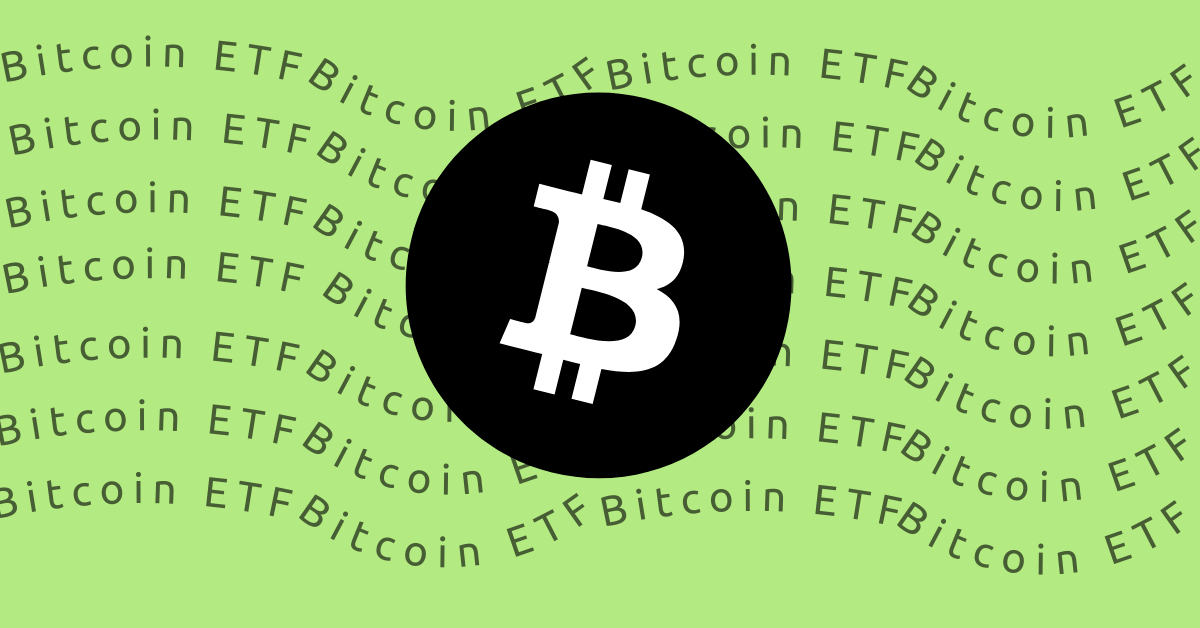
The year 2024 opened with a resounding boom for Bitcoin, as the leading cryptocurrency breached the $45,000 mark for the first time since April 2022. This stratospheric surge wasn’t fueled by some revolutionary new technology or widespread adoption, but rather by a renewed glimmer of hope: the potential approval of a spot Bitcoin exchange-traded fund (ETF) in the United States.
For years, the crypto community has yearned for a US-based Bitcoin ETF, viewing it as a crucial validation point for the asset class and a potential gateway to institutional investment. While numerous applications have been met with rejections from the Securities and Exchange Commission (SEC) citing concerns about market manipulation, recent winds seem to be shifting.
With major central banks hinting at potential interest rate cuts this year, investors are seeking refuge from a potential economic slowdown in riskier assets, and cryptocurrencies are finding themselves back in the spotlight. This renewed appetite for risk, coupled with increasing pressure from Congress on the SEC to reconsider its stance on ETFs, has fueled speculation that 2024 might finally be the year the long-awaited green light is given.
Analysts at JPMorgan Chase recently stated that they see “a 70% chance” of a Bitcoin ETF being approved in the first half of 2024, further driving the current rally. Some experts warn, however, that this optimism might be premature. “The SEC has been notoriously cautious on Bitcoin ETFs,” cautions University of Michigan Professor of Finance, Laura Shin. “While the sentiment seems to be changing, I wouldn’t count our chickens before they hatch.”
Despite the possibility of regulatory hurdles, the mere whisper of an ETF approval has sent Bitcoin into orbit. With each passing day, the $50,000 psychological barrier becomes a more realistic target, potentially unlocking another wave of buying frenzy.
However, amidst the euphoria, a note of caution must be sounded. Bitcoin remains a highly volatile asset, and its recent gains could be swiftly reversed if the ETF dream fades or broader market conditions take a turn for the worse. Investors should tread carefully, remember their risk tolerance, and conduct thorough research before diving into the crypto pool.
One thing is certain: the saga of the Bitcoin ETF is far from over. Whether 2024 marks the year it finally comes to fruition remains to be seen, but one thing is clear – the potential implications for the future of Bitcoin and the broader cryptocurrency landscape are monumental. So, buckle up, strap in, and prepare for what could be a wild ride, as Bitcoin eyes the moon with renewed vigor.




